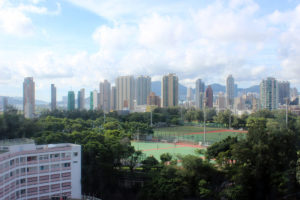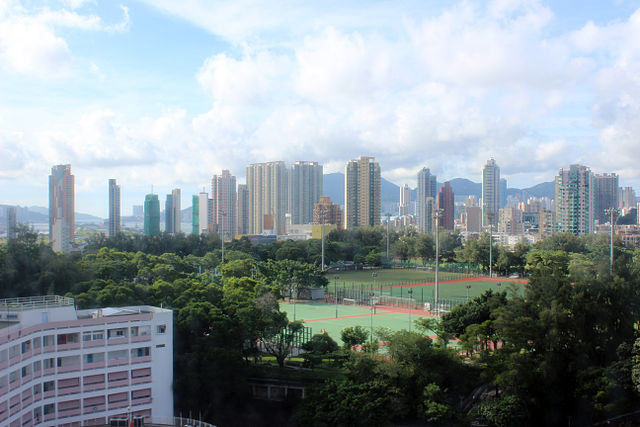 Two vibrant economies in Asia—Hong Kong and Singapore—have once again been named the top two countries to enjoy the highest level of economic freedom in the latest edition of the Economic Freedom of the World (EFW) report released September 15, 2016 by Canadian think tank Fraser Institute.
Two vibrant economies in Asia—Hong Kong and Singapore—have once again been named the top two countries to enjoy the highest level of economic freedom in the latest edition of the Economic Freedom of the World (EFW) report released September 15, 2016 by Canadian think tank Fraser Institute.
The EFW index ranked 159 countries and territories in terms of economic freedom in 2014, assessing them in the degree to which their policies and institutions support economic freedom.
“The cornerstones of economic freedom are personal choice, voluntary exchange, freedom to enter markets and compete, and security of the person and privately owned property,” said EFW.
The think tank used 42 data points to measure the degree of economic freedom of an economy in five broad areas. These areas are the size of government in relation to expenditures, taxes, and enterprises; legal structure and security of property rights; access to sound money; freedom to trade internationally; and regulation of credit, labor, and business.
The report said numerous studies using data published in EFW since 1996 have found that “countries with institutions and policies more consistent with economic freedom have higher investment rates, more rapid economic growth, higher income levels, and a more rapid reduction in poverty rates.”
The top 10 freest economies are Hong Kong in first place, followed by Singapore, New Zealand, Switzerland, Canada, Georgia, Ireland, Mauritius, the United Arab Emirates, and Australia and the United Kingdom, tied for 10th.
Rounding off the top 20 are Qatar, Chile, Jordan, Lithuania, U.S., Malta, Armenia, Estonia, and Finland.
The rankings of some other major countries are Taiwan (23rd), Germany (30th), Japan (40th), South Korea (42nd), France (57th), Italy (69th), Mexico (88th), Russia (102nd), India (112th), China (113th), and Brazil (124th).
Among the nations in the Association of Southeast Asian Nations or ASEAN, Brunei Darussalam and Malaysia are tied in 62nd place, Cambodia is in 68th place, Indonesia 79th, Philippines 80th, Laos 91st, Thailand 106th, Vietnam 116th, and Myanmar 148th.
The 10 lowest rated countries are Iran, Algeria, Chad, Guinea, Angola, the Central African Republic, Argentina, Congo, Libya and, lastly, Venezuela.
The EFW report found that the average economic freedom rating for advanced countries with ratings since 1985 has increased from 6.9 to 7.7 in 2014. The average economic freedom rating for developing countries with ratings since 1985 has increased from 5.0 to 6.7 in 2014.
It also noted that nations that are economically free outperform non-free nations in indicators of well-being. Nations in the top quartile of economic freedom had an average per-capita GDP of US$41,228 in 2014, compared to $5,471 for bottom-quartile nations.
In the top quartile, the average income of the poorest 10% was $11,283, compared to $1,080 in the bottom quartile in 2014. Interestingly, the average income of the poorest 10% in the most economically free nations is twice the average per-capita income in the least free nations.
Notably, life expectancy is 80.4 years in the top quartile compared to 64.0 years in the bottom quartile. Political and civil liberties are considerably higher in economically free nations than in unfree nations.
Meanwhile, the Hong Kong government welcomed the Fraser Institute’s recognition of the territory as the freest economy in the world, noting that the territory’s “long-standing commitment to uphold economic freedom has once again earned accolades in the international arena.”
In the institute’s latest report, Hong Kong continues to hold high rankings in three of the five areas of assessment, being first in “size of government” and “regulation,” and second in “freedom to trade internationally.”
Photo: Mimihitam





